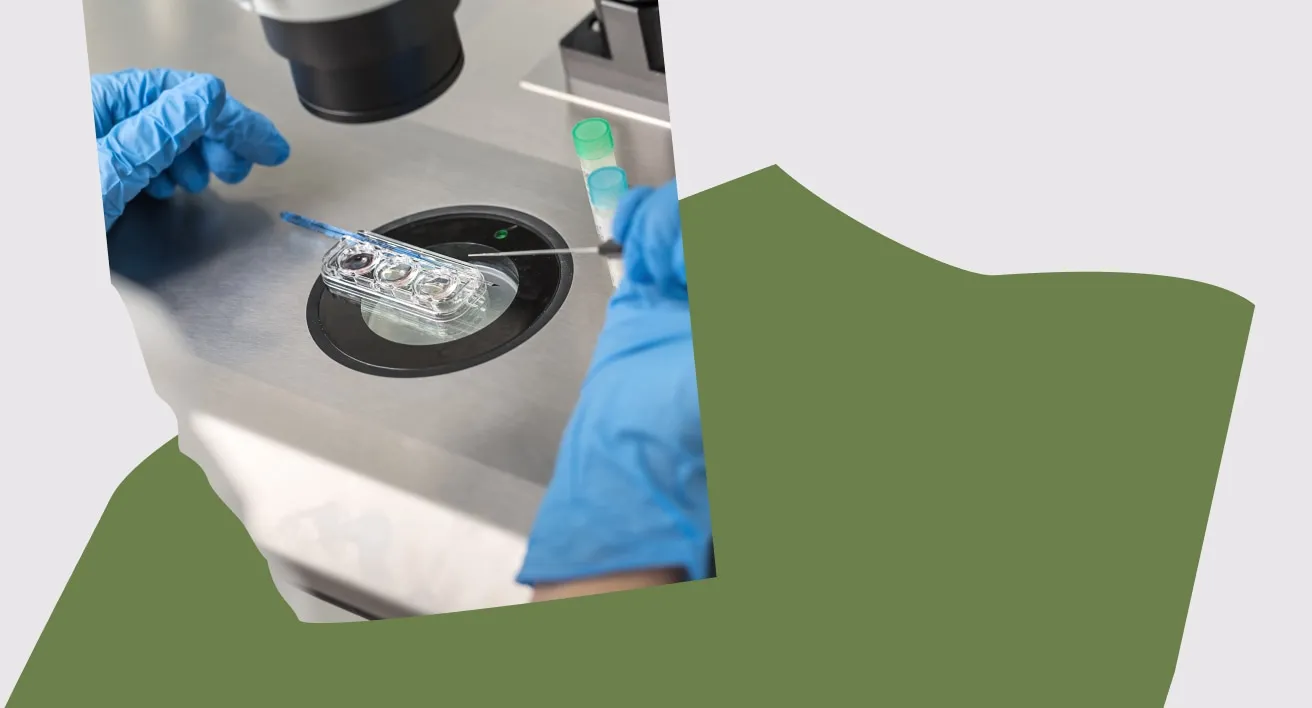Ovulation induction

Registered nurse and expert in reproductive medicine


What is ovulation induction?
Ovulation induction is a good first step in treatment for women who are having trouble conceiving. People will typically take an oral medication, such as clomiphene citrate (better known as its brand name, Clomid) or letrozole (better known as its brand name, Femara) that will help stimulate the ovaries in a gentle way to ovulate 1-2 eggs. It may be necessary to use injectable medications if the oral medications are not working. Most clinicians will monitor the ovaries through transvaginal ultrasound to be sure that a person is responding to the medication. Ovulation induction can be used in conjunction with sexual intercourse or intrauterine insemination (IUI) to help increase the chances of pregnancy.1
How does ovulation induction work?
A doctor will prescribe hormonal medication, either through injections or in pill form, that will send signals to a person’s ovaries to produce and grow eggs.
Although it was originally used to produce a single, healthy egg in women with irregular menstrual cycles, today, it can be used in cases of “unexplained infertility” to help produce and grow multiple viable and healthy eggs.2
How much does ovulation induction cost?
Each treatment costs between $3,000-$5,000, depending on the medication prescribed by a fertility doctor. Some people may need to go through multiple treatments before trying other options.

The bottom line
Ovulation induction is a good early treatment option for people who don’t ovulate consistently. It’s less expensive and less invasive than other treatment options and is used in conjunction with intrauterine insemination (IUI) or timed sexual intercourse. It might take a few cycles of ovulation induction treatment to conceive a child.
Common questions about ovulation induction
Your fertility doctor will be able to answer your specific questions about your unique treatment plan, but there are a handful of questions that nearly every patient asks:

Generally, it takes 2-3 weeks per treatment.5

There are lots of other fertility treatment options available. Your fertility doctor will recommend the best course of action for your unique situation.

You should consult a fertility specialist instead of a GP. Fertility doctors have extensive experience monitoring follicle growth and adjusting treatment to avoid side effects.8

While there’s no limit, your doctor might recommend trying ovulation induction a few times before trying alternative fertility treatment options.6 Because ovulation induction is treated with hormonal medication, it can take a few attempts to pinpoint the exact dosages and medications that will work best.

There are always risks to treatments, but generally, ovulation induction is very safe. There are possible side effects like headaches, nausea, bloating, and weight gain, and there’s a rare but possible risk of ovarian hyperstimulation syndrome (OHSS), which can be dangerous and require medical attention. Last, because there can be multiple eggs produced in one cycle, there’s a possibility of multiple pregnancies, like twins or triplets.7
Am I a good candidate for ovulation induction?
If you show signs of inconsistent ovulation or anovulation, ovulation induction treatment might be a good option. Your fertility doctor will help you understand the treatment that is best for you.
Unfortunately, we can’t currently support ovulation induction treatment in our Gaia Plans, but we’ll let the community know as soon as we change this.
Is ovulation induction suitable for me?
Ovulation induction is suitable for heterosexual couples who may have ovulation issues, or for same sex female couples who are using donor sperm.
Learn more about other options below:

IUI






